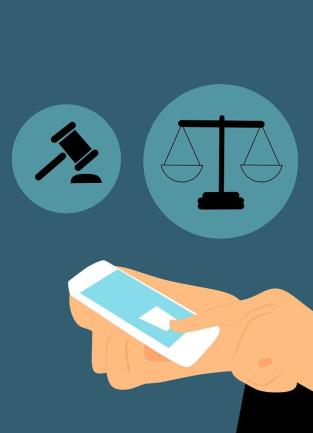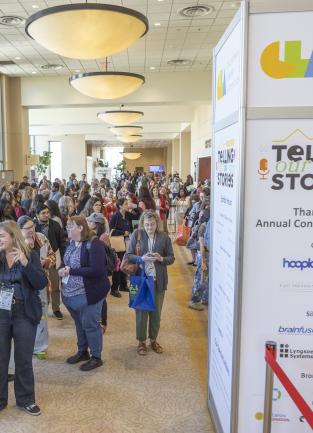The Price of Health

Fri, 07/10/2022 - 05:00
Medical debt continues to weigh down the futures of Americans even as new laws are passed. With the recent announcement of President Joe Biden forgiving up to $20,000 of student debt for eligible people, I was reminded of another form of debt that weighs down on Americans: medical debt. TransUnion, Equifax, and Experian announced they began removing cleared medical debts beginning back on July 1, 2022. Dealing with medical bills being sent to collections and current medical bills lingering over your head can already be a stressful process. That is why it is important to know your rights and understand the limits and protections in place against collectors.
The Centers for Medicare and Medicaid Services (CMS), which is part of the Department of Health and Human Services (HHS), describes the protections in the No Surprises Act (NSA) as the following: “balance billing protections for certain services, patient notice and consent waivers from out-of-network providers, disclosure notice requirements for providers and facilities under the NSA, guidelines for good faith estimates, and a dispute resolution process.” To get a better understanding of what a surprise bill entails, ponder the following scenario: you make an appointment to see your doctor and when you arrive, you are assigned to a different doctor than you expected because your regular general practitioner had an emergency. Unbeknownst to you, this replacement doctor is an out-of-network provider, and as a result, you are charged several unexpected fees because your insurance does not cover those charges.
The No Surprises Act, which is part of the Consolidated Appropriations Act, 2021, is there to reduce circumstances like that example. Medical providers must acquire consent from the patient to charge them for the out-of-network services that the hospital provides in an in-network institution. Even in such a circumstance, there are limits to when balance (surprise) billing can take place. For example, if a patient is receiving radiology and anesthesiology services at an in-network hospital, with an out-of-network provider, the patient is entitled to still be charged for in-network services.
As of March of 2022, The Peterson Center on Healthcare and KFF (Kaiser Family Foundation) states that “despite over 90% of the United States' population having some form of health insurance, medical debt remains a persistent problem.” However, the true nature of America’s debilitating medical debt is not fully known because “much of the debt that patients accrue is hidden as credit card balances, loans from family, or payment plans to hospitals and other medical providers” according to a recent Texas Tribune article. This debt creates a snowball effect that damages the aspects and progress of Americans’ daily lives. Medicaid and the Affordable Care Act do not reach the necessary communities and individuals who are most at risk of falling victim to the unfair tactics that are prevalent in the healthcare industry. This debt in effect causes families and individuals to be further held in a financial bind that in turn keeps them from obtaining better housing and vehicle opportunities, due to their access to additional credit being depleted.
Even with this bleak outlook, there are still methods patients can consider to take control of their outstanding debt. Know that there are financial options available on both the state and local level, depending on the area where you live. Also, if you believe there are unfair practices related to the No Surprises Act, you can report it via the No Surprises Help Desk online HERE.
For more information on the No Surprises Act, check out the following websites:
U.S. Department of Labor's No Surprises Act resources
Kaiser Family Foundation (KFF) article on what to expect with the No Surprises Act
Brooking's "Understanding the No Surprises Act" article
Written by: Rhonda Cloud, Library Assistant











